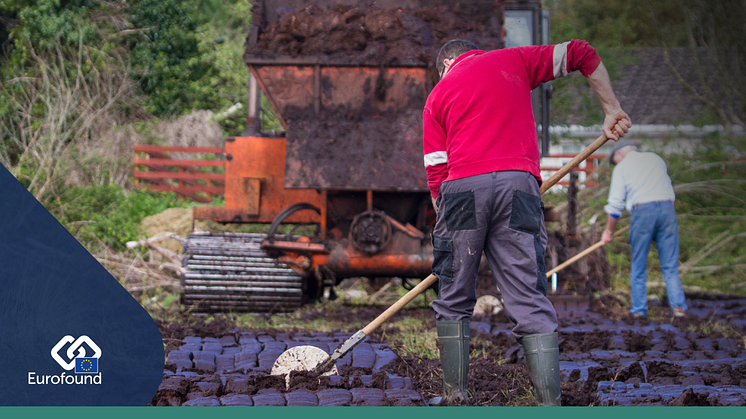
News -
Unemployed people and those residing in rural areas much less likely to vote
Unemployment is a predominant catalyst for lower political engagement in Europe, with the higher the unemployment rate, the higher the levels of non-voting. This was particularly apparent during the COVID-19 pandemic with the unemployed, as well as those residing in rural and disadvantaged areas, much less likely to vote.
These are just some of the findings from Eurofound’s recent report The political dimension of social cohesion in Europe which scrutinises trends and regional variations in political participation over 20 years, examining correlations with levels of institutional distrust and discontent across Europe.
Despite country variations, there has been a convergence between regions with higher and lower political participation in Europe. In particular, regions with lower levels of participation are moving closer to the levels observed in high-performing regions. There was also no evidence of an overall decline in political social cohesion over the past 20 years in Europe.
Broadly, citizens have consistently participated in the democratic process, including voting, over the past two decades. Indeed, notwithstanding the voting impacts of higher unemployment during times of economic difficulty, engagement can increase during times of crisis, such as during the financial crisis in 2007 and 2008, the European debt crisis of 2010–2012 and the COVID-19 crisis. Electoral participation is closely linked to political legitimacy: citizens are more likely to vote when they have confidence in their political institutions.
Findings related to lower voter turnout in rural areas support previous Eurofound research showing that the increasing income gap between rural and urban areas, alongside the employment gap and the relatively poorer provision of public services in rural areas, has contributed to a rise in rural communities expressing feelings of being mistreated, disrespected or ignored by their government. This is more likely to manifest itself in protests, rather than at the ballot box, as discontented citizens are shown to be more likely to engage in protest and less likely to vote.
The report concludes that keeping unemployment low is important for democracy and the stability of institutions. While providing income support during economic shocks is essential for immediate relief, it is equally important to create employment opportunities to ensure social cohesion. It is also essential that rural communities are supported and can foster the necessary human capital to be resilient to changing macroeconomic conditions and that their voices are heard in local, regional and national discourse.
More information:


